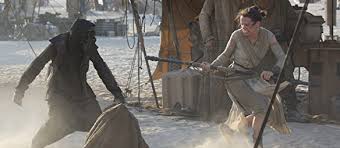
I haven’t seen the latest Star Wars movie, but did see The Force Awakens when it came. I wasn’t that impressed; it was basically the same as the first one with more realistic, if less interesting, special effects. But the critics generally praised its star (Daisy Ridley as Rey), and the makers were lauded for introducing a strong female lead who could swing a lightsaber and kick ass just as well as the mostly male heroes of previous episodes. I guess it’s the Margaret Thatcher thing; you have to be as tough as the guys to get their respect.
But one thing struck me as odd in a movie that was supposed to be putting a “feminist” face on the franchise, and that was the constant and consistent reference to Rey by pretty well everyone as a “girl”, rather than a woman, or even her name. So I recently downloaded the screenplays for The Force Awakens and the original Star Wars movie A New Hope to see what was up.
Of course one can understand if a sexist villain, or someone like Han Solo, uses the term, but here even Princess Leia calls Rey a girl rather than a woman, though she is the same age (19) as Leia was in the original Star Wars movie (A New Hope)*, and in most places that definitely qualifies you for womanhood. In A New Hope only Han called Leia a girl, and only (wisely) when she wasn’t in the room; one may imagine her reaction if he’d said it to her face. Strangely, Han is the only one in The Force Awakens who refers to Rey as a woman, if obliquely: “Listen [Finn], you’ve got another problem. Women always figure out the truth.”
The action directions for the two scripts tell a different story. In A New Hope, Leia is always called “girl” in the directions, and always with a descriptive qualifier: “beautiful young girl”, “lovely girl”, “petite young girl”, etc. “Woman” is reserved for old or matronly types. In The Force Awakens, Rey is introduced in the directions as a “beautiful young woman”, described as a “young woman” in a fight scene, and at the end, “The two women move for each other. And Leia takes Rey’s face in her hands…” It’s too bad some of this didn’t make it into the dialogue; most filmgoers don’t have the screenplay in their hands while watching. And it’s really too bad that in this day and age a resourceful, independent woman is still treated like a child by screenwriters who should know better.
And if you think I’m being picky, imagine the reaction if anyone had referred to Finn (played by John Boyega, an African-Brit of about the same age) as “boy”!
*Leia was described as “about 16” in the original script, but the official? Star Wars timeline makes it 19.
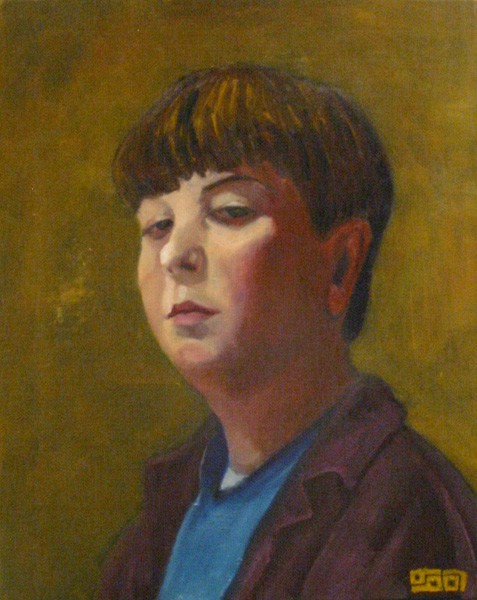 My Portraits
My Portraits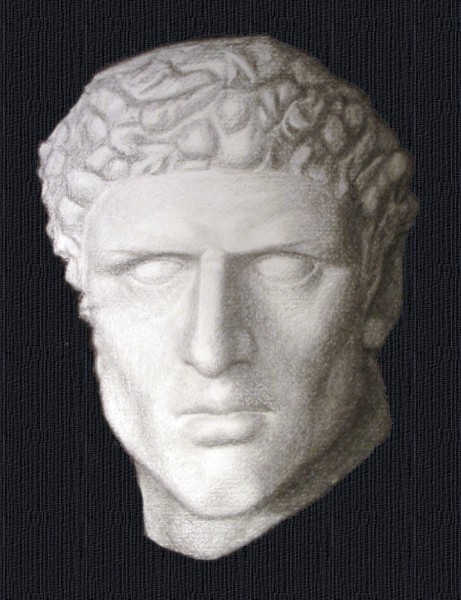 My Drawings
My Drawings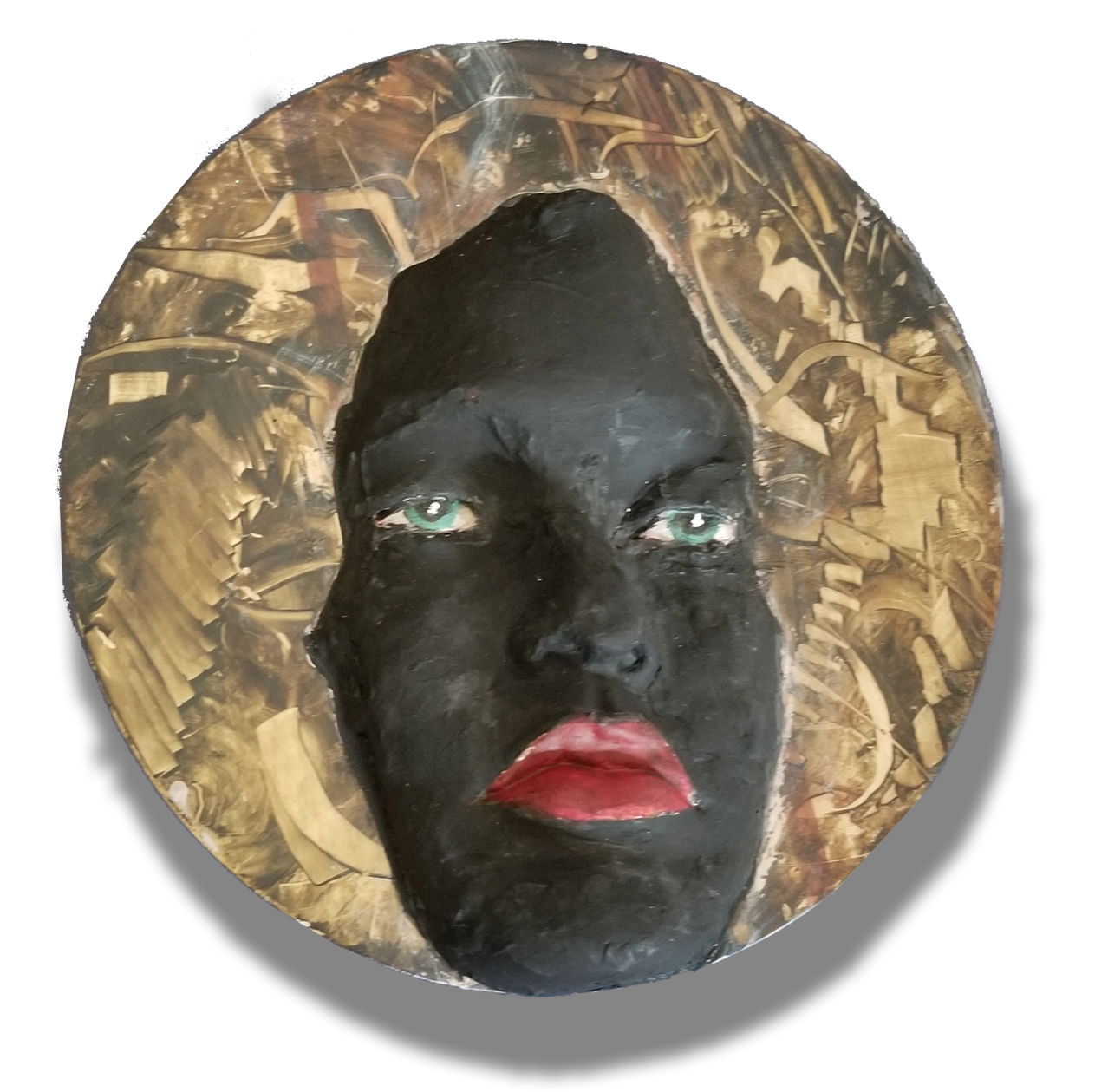 My Sculptures
My Sculptures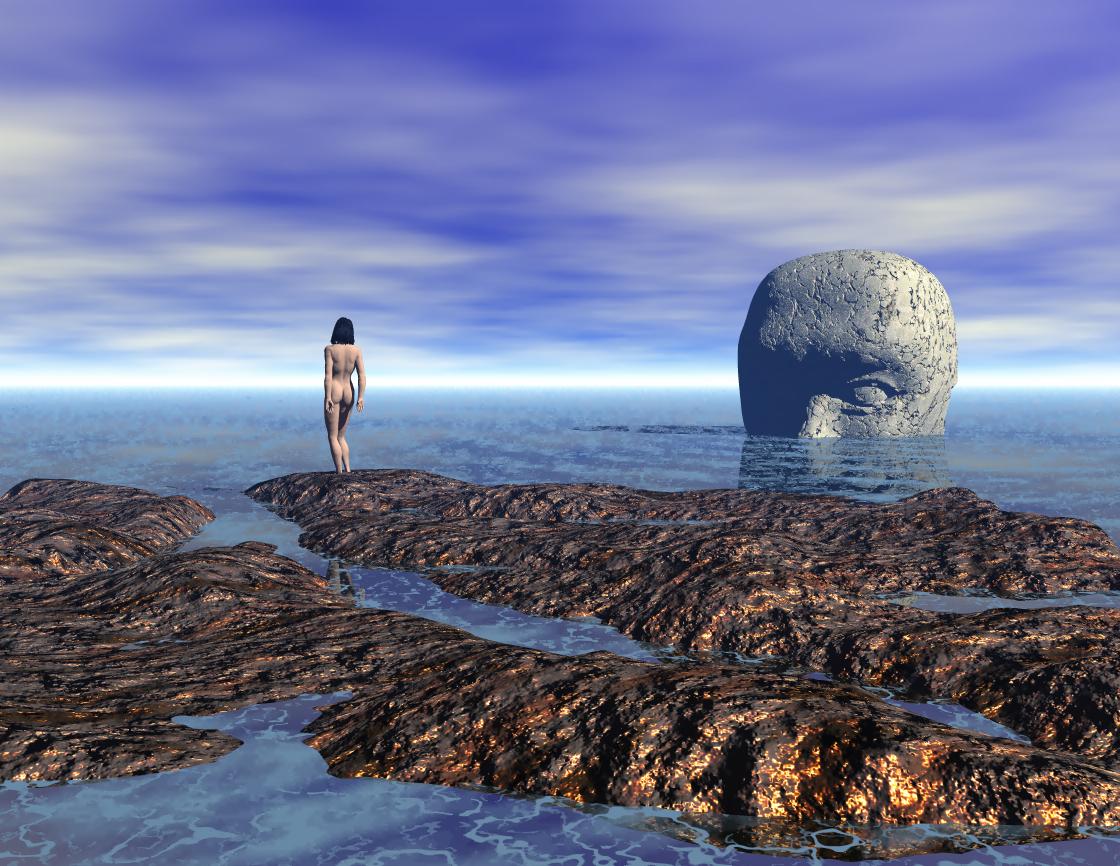 My Digital Scapes
My Digital Scapes My Movies
My Movies My Book
My Book

Leave a Reply